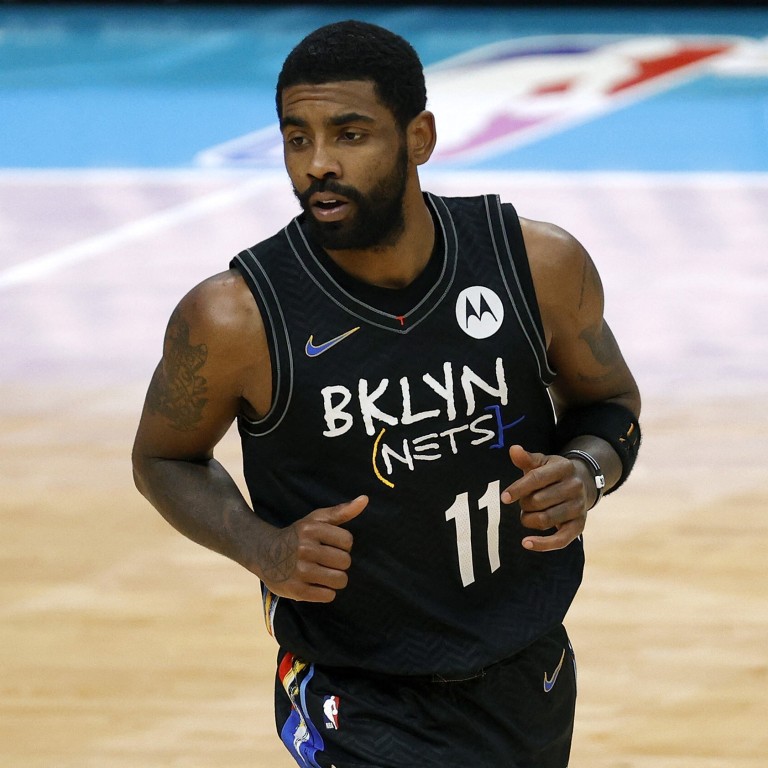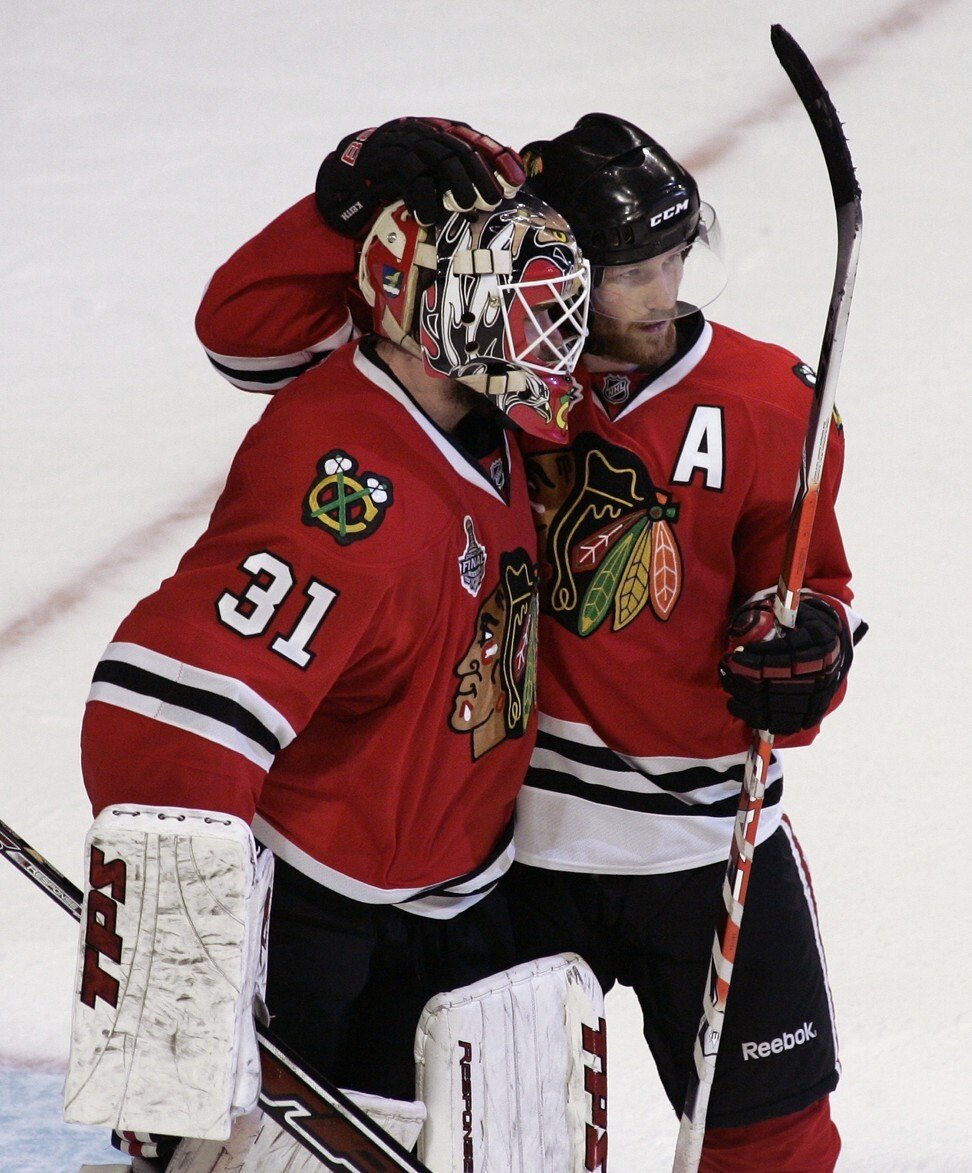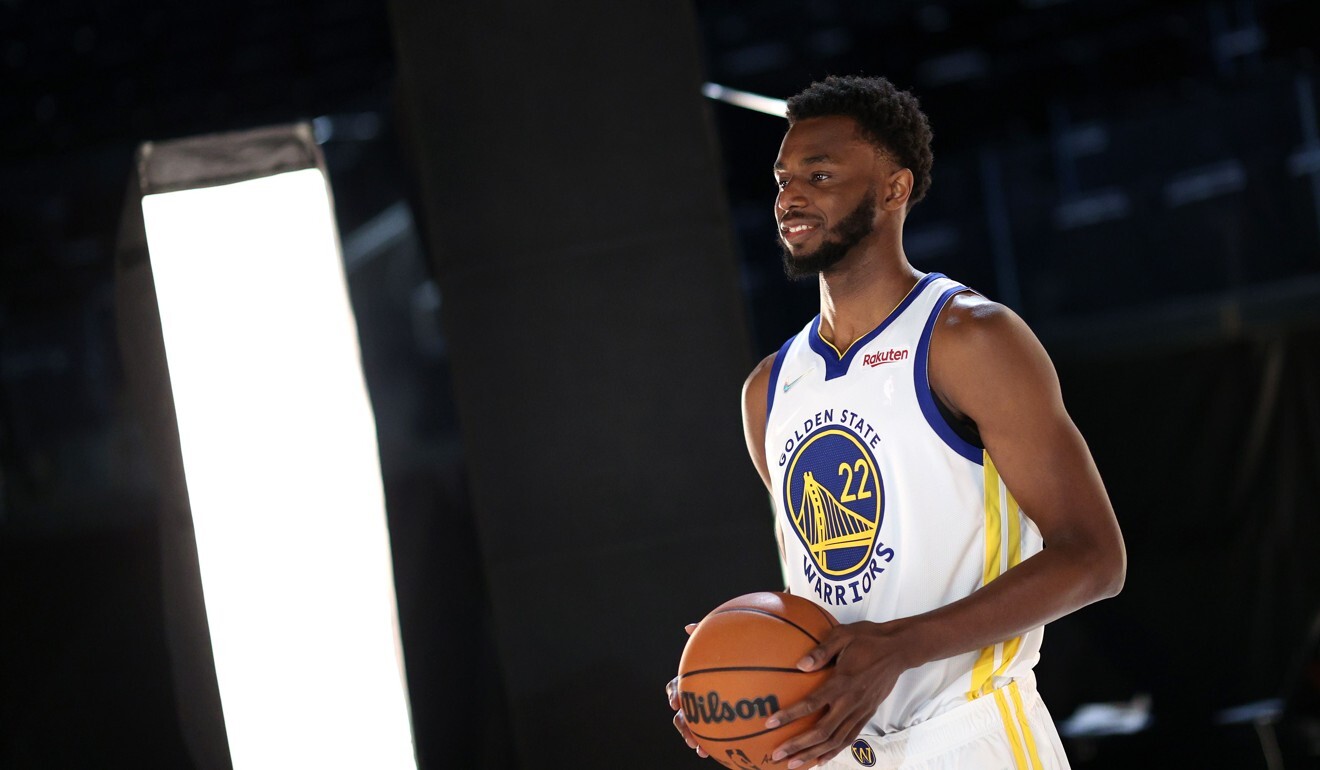
Unvaccinated athletes find themselves thrust into public debate on vaccine mandates, whether they like it or not
- Professional athletes are at the forefront of vaccine mandates for employees given their high-profile nature
- Unvaccinated players have felt the heat of the media, and their personal opinions are now publicised as debate continues on subject
As one of the National Hockey League’s most well respected and decorated defencemen, Duncan Keith’s thoughts on being vaccinated pinpoint the very public quagmire professional sport leagues find themselves in.
Keith got vaccinated against his own wishes in the off-season. The 16-year veteran thought the NHL’s strict protocols – stuck in the team hotel, practice facility and arena while on the road – was going to be too much to endure.
His reasons for not wanting to get vaccinated were rooted in his personal views on health, not in any disdain for government, or because of any conspiracy theory. However, what he thought was a private matter quickly became public, and he was forced, in a press conference, to defend his initial decision to refuse a vaccine for Covid-19.
“I’ve put so much time in over the years in trying to feel good on and off the ice – prepare and be professional,” he said. “A lot of that is building up your immune system. So for me, the frustrating part is that I have done so much to try and keep my immune system strong, healthy and firing on all cylinders.
“To have to take the vaccine to play hockey was frustrating,” he added. “You have to make a medical decision just to play hockey. I feel like that decision, it should be a choice.”

Keith is one of a number of high-profile athletes who have been thrust into the spotlight for not wanting to get vaccinated against the coronavirus, and are finding their personal opinions on vaccines becoming very public – whether they like it or not.
Brooklyn Nets superstar Kyrie Irving has become the de facto face for all unvaccinated professional athletes, and the media has been quick to vilify him for his stance. Irving said the matter should be a “personal” one he handles between himself and his employer. However, the arena he plays in – the Barclays Center in Brooklyn – requires everyone over 12 who enters to be vaccinated according to New York state law.
The Beijing 2022 boycott is losing steam
The NBA has taken a hardline stance in enforcing protocols around mandates, stating any player who misses a game because they can’t comply with a local vaccine protocol will have their pay reduced. However, the NBA Players’ Association has stopped short of requiring vaccines, instead opting make it difficult to keep playing without being vaccinated.
Golden State Warriors player Draymond Green, who is vaccinated, was criticised when he came to the defence of unvaccinated players, stating:
“You have to honour people’s feelings and their own personal beliefs, and I think that’s been lost when it comes to vaccinated and non-vaccinated. You say we live in the land of the free. Well you’re not giving anyone freedom, because you’re making them do something essentially.”
NBA player Andrew Wiggins, much like Keith, initially held out when it came to getting vaccinated, but finally buckled after being denied a religious exemption request. Wiggins, who plays in San Francisco alongside Green, where health rules are similar to New York, said the matter was a personal one, but it was clear it was anything but as the media hounded him on the issue.

In Victoria, Australia, the state government has gone so far as to require all “authorised” workers to be fully vaccinated by November 26, which includes Australia Football League players. While AFL CEO Gillion McLachlan has been a vocal supporter of vaccinations, both the AFL and AFL players’ union refused to legislate mandatory vaccines. In the end it didn’t matter, as they were overruled.
In Canada, Liberal Prime Minister Justin Trudeau, who campaigned for re-election pushing vaccines as a way out of the pandemic, has sent a clear message: you need to get the vaccine, unless we think you’re special enough not to.
Trudeau’s mandate does not apply to professional athletes, who will be allowed to play without being vaccinated, and to cross the border into the US to play, as they fall under the “national interest exemption”.
Keith, who plays out of Canada, wouldn’t have been able to board a flight to get out of Edmonton if he wasn’t vaccinated, as Canada has made vaccination a requirement for flying, but he would have been able to drive to Toronto and play in that city’s arena.
Regardless of your opinion on vaccines, vaccine mandates and how we move on from the pandemic, one thing is clear: some of us are being forced to go public with our personal beliefs.
Whether you think this is a political issue, or a scientific one, or neither, it’s difficult to ignore the civil liberties debate we find ourselves in. Are these issues any regular person would want thrust into the spotlight to be dissected, debated and scrutinised? Medical records are protected by law in many countries, but it’s clear we have taken Covid-19 vaccinations out of this box.
This is the situation we find ourselves in while trying to move on from Covid-19. Privacy is no longer a freedom some of us think trumps public health, and now personal beliefs are becoming public in a very messy way.

